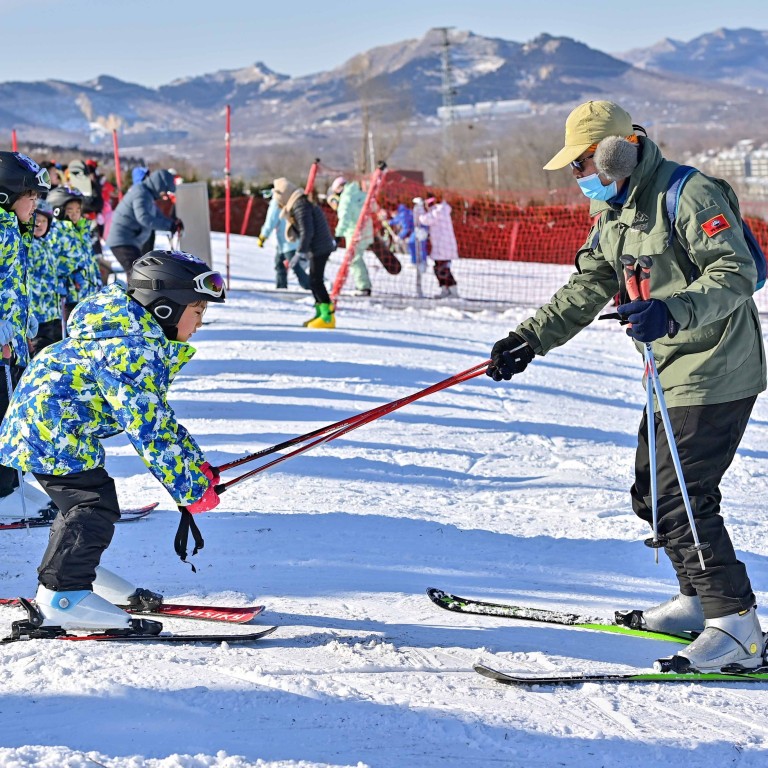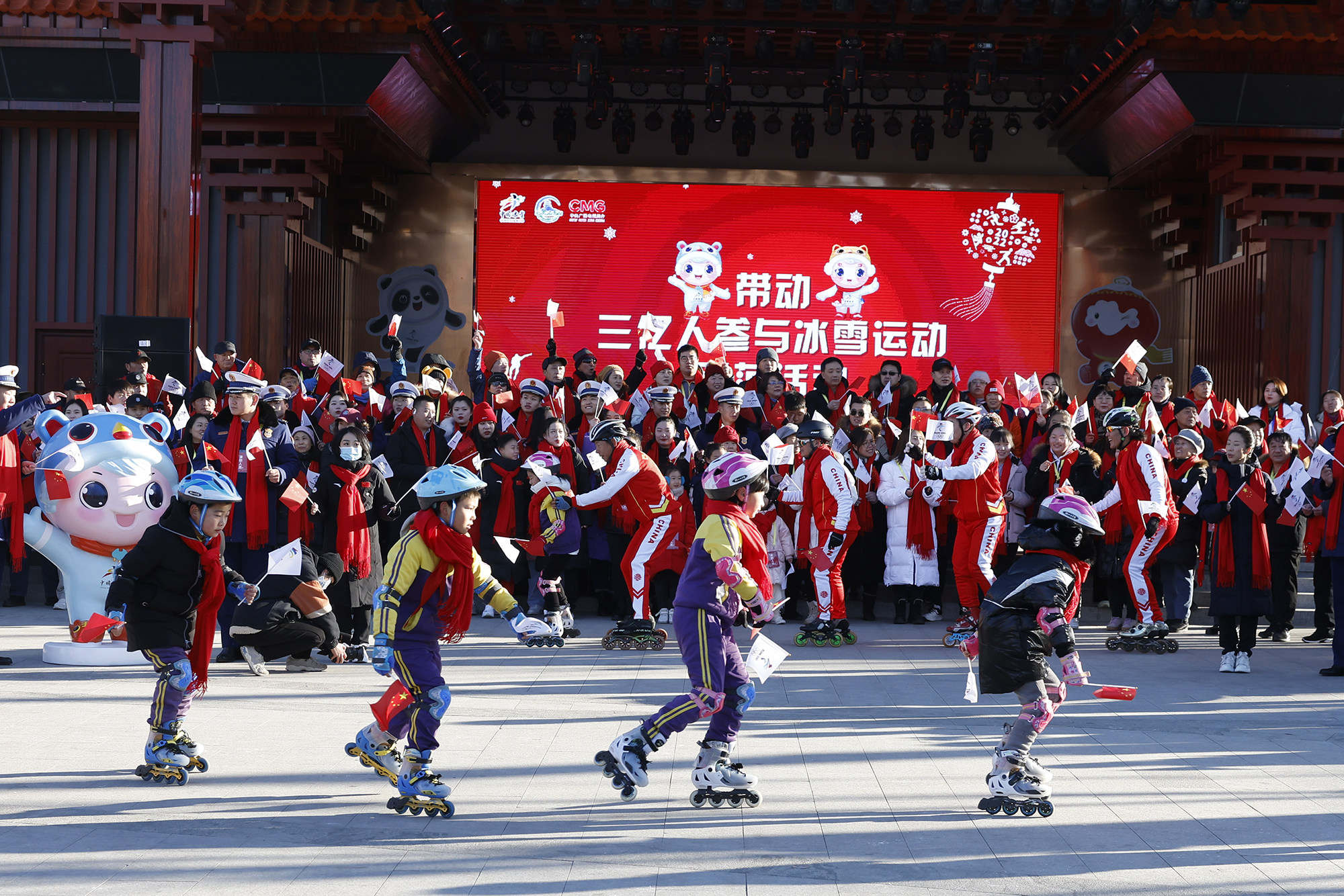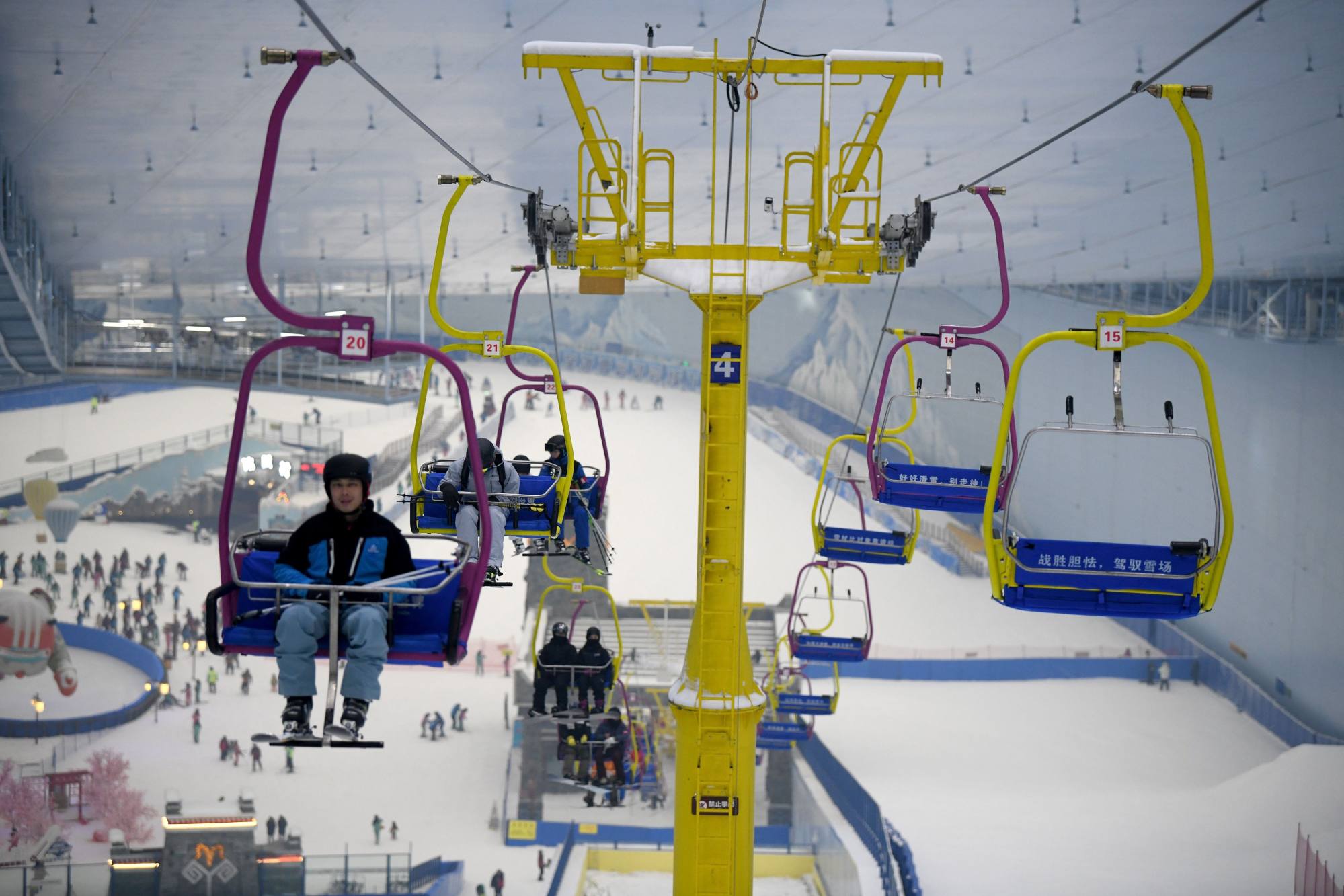
Beijing 2022: China targets domestic winter sports tourism boom after Olympics; ski resorts unable to compete with Japan and South Korea
- China-based market research firm Daxue says Beijing Games will mark a significant milestone in mainland’s efforts to develop winter sports
- Government wants the industry to be valued at 1 trillion yuan by 2025 with 300 million citizens involved
China’s post-Beijing 2022 winter sports boom is expected to be fuelled by domestic consumers because the country will still struggle to compete with mature markets such as Japan and South Korea, according to a mainland-based consultant.
Allison Malmsten, marketing director at China-based market research firm Daxue Consulting, said the Winter Olympics in Beijing next month would help to accelerate the growth of snow sports on the mainland, which has spent several years developing its infrastructure.
“The main targets of China’s winter sports destinations are going to be domestic tourists, not overseas,” Malmsten told the Post. “Small resorts wouldn’t compete with other Asia ski destinations that are more established and easier for foreigners to access, like Japan’s Niseko mountain which has a vertical drop of around 920 metres.”
She said around 76 per cent of the ski resorts in China do not have a vertical drop of more than 100 metres, while only four per cent of resorts have a vertical drop of more than 300 metres.
Vertical drops reflect the difference in height between the start of a hill down to where the route flattens out. It does not take into account the gradient or difficulty level. Still, China has big plans to develop its winter sports industry after the Games and has already gained a head start.
Malmsten said the government’s goal was to have 300 million Chinese citizens involved in winter sports, and the country had gone on a ski resort building sprint over the past 10 years. She said in 2002, China had 130 ski resorts, rising to 770 in 2019, just 30 short of a target of 800 by 2022.

However, because of the coronavirus pandemic, more than 60 have temporarily closed. According to the 2020 China Ski Industry White Book by Benny Wu, the number of skiing visits fell to 12.88 million in 2020 compared to a record high 20.9 million in 2019.
The government is also aiming for the industry to be worth 1 trillion yuan (HK$1.23 trillion) by 2025 and has asked 5,000 schools to incorporate winter sports into their curriculums.
“As a country with many snowcapped mountains, China has great potential as a future ski destination, but at the moment the country is still lacking the infrastructure for ski resorts. However, this will change soon,” Malmsten said.

“The legacy the Beijing Games will leave will be in marking a new point of growth in the upgrade of the domestic market. Because not only is China seen as an emerging market, the winter sports industry is only at the beginning of development in the country.
“The timing of the Beijing Winter Olympics falls in line with the country’s ambitions to develop its winter sports market, and will function not only as motivation to develop the infrastructure and coaching, but as motivation for athletes to engage in winter sports.”
In a report, Daxue said China was also targeting 650 skating venues, including 500 newly built, as well as 3,500 kilometres of ski tracks amounting to 100 million square metres by 2022.
The industry boom has also resulted in foreign brands rushing to gain a foothold in the mainland, which leads the world in the number of indoor ski resorts at 36.
“Browsing on Chinese e-commerce platforms like Taobao, we can observe that most winter sports equipment brands are foreign, namely Bauer for hockey equipment, and Atomic and Head for skis,” Malmsten said.
“Foreign hotels are also taking a piece of the pie in China’s winter sports tourism industry. Hotel chains like Marriott, Holiday Inn and IHG.”

